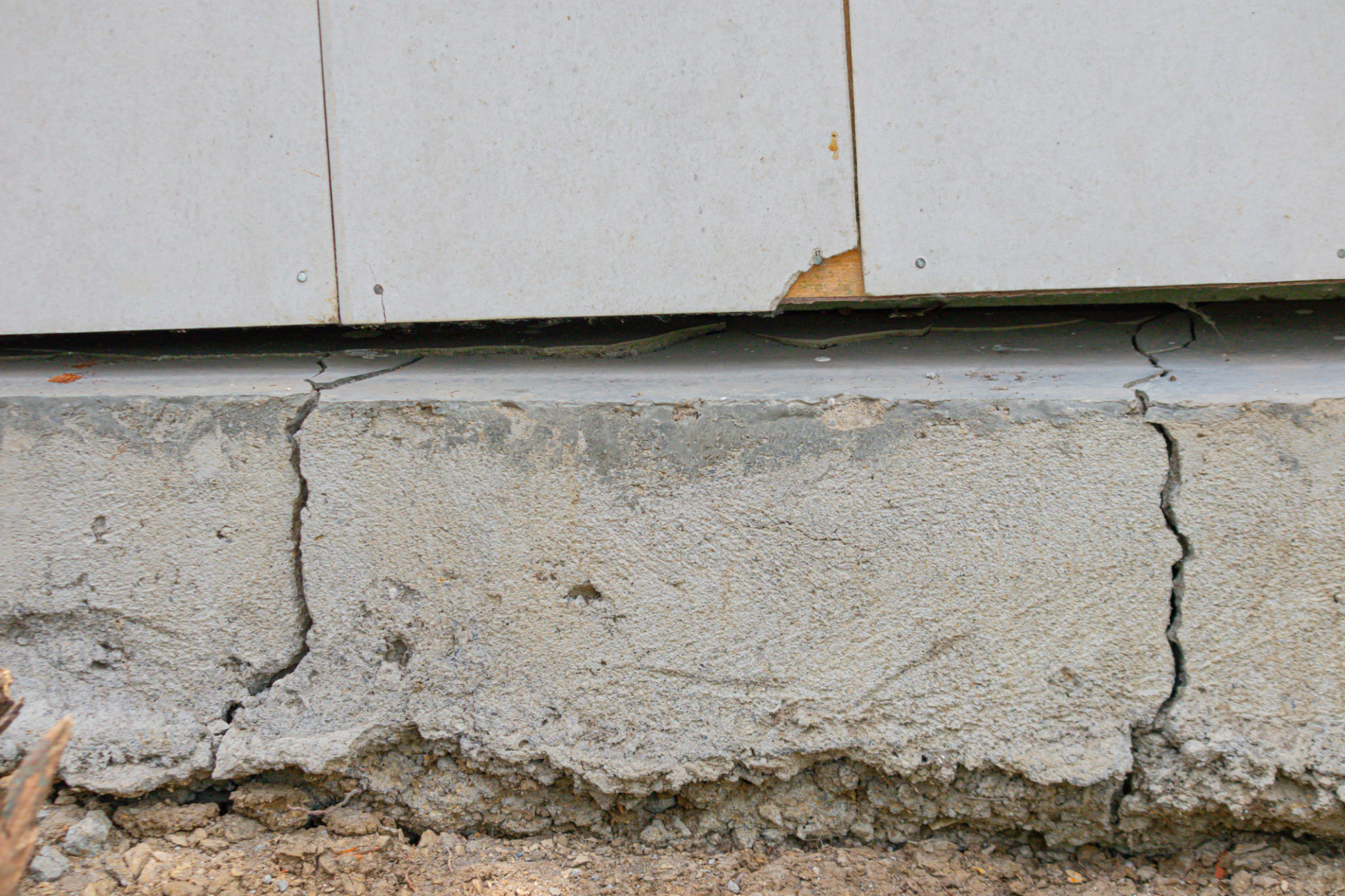Foundation Repair Myths: Separating Fact from Fiction
Understanding Foundation Repair Myths
Foundation repair is a critical aspect of maintaining a home's structural integrity. However, it's often surrounded by myths and misconceptions that can lead homeowners astray. These myths can cause unnecessary panic or, conversely, unwarranted complacency. In this post, we'll dispel some common myths to help you make informed decisions about your home's foundation.

Myth 1: Foundation Cracks Always Indicate Major Problems
One of the most prevalent myths is that any crack in the foundation is a sign of severe structural damage. While it's true that certain cracks can be problematic, not all are cause for alarm. Hairline cracks are often a result of normal settling and do not necessarily indicate a significant issue. However, it is wise to monitor these cracks and consult a professional if they widen or become more pronounced.
Horizontal cracks, on the other hand, can be more concerning and often require professional assessment. These might indicate pressure against the foundation walls, usually from soil expansion. Engaging a foundation expert can help determine the severity and necessary steps for repair.
Myth 2: Foundation Repair Is Always Expensive
Another common misconception is that foundation repair will always break the bank. While some repairs can be costly, not every problem demands an extensive financial outlay. The cost depends on various factors such as the type of foundation, the extent of the damage, and the repair method used.

Sometimes, repairs might only involve simple fixes like sealing minor cracks or improving drainage around the house, which are relatively inexpensive. It's essential to get multiple quotes from reputable contractors to understand your options and choose a solution that fits your budget.
Myth 3: All Foundation Repairs Are Permanent
Homeowners often believe that once a foundation is repaired, it will never have problems again. Unfortunately, this isn't always true. Foundation repair can significantly improve stability, but factors like soil conditions and environmental changes can still affect your home over time.
Regular maintenance and inspections can help catch potential issues early before they become major problems. Maintaining proper drainage systems and ensuring that water is kept away from the foundation can prolong the effectiveness of any repairs.

Myth 4: DIY Foundation Repair Is Sufficient
With the abundance of DIY solutions available today, it's tempting to tackle foundation issues on your own. However, while some minor repairs might be manageable, most foundation issues require professional expertise. Incorrect repairs can exacerbate problems or lead to new ones, costing more in the long run.
A qualified foundation specialist has the experience and tools necessary to address complex issues effectively. They can provide a comprehensive assessment and recommend the best course of action tailored to your specific situation.
The Importance of Professional Evaluation
In conclusion, separating fact from fiction in foundation repair is crucial for maintaining your home's structural health. By understanding these common myths and relying on professional evaluations, you can make informed decisions that protect your investment and ensure safety.
Remember, if you notice signs of potential foundation issues, don't hesitate to contact a professional for an assessment. Proactive measures can save you time, money, and stress in the future.
